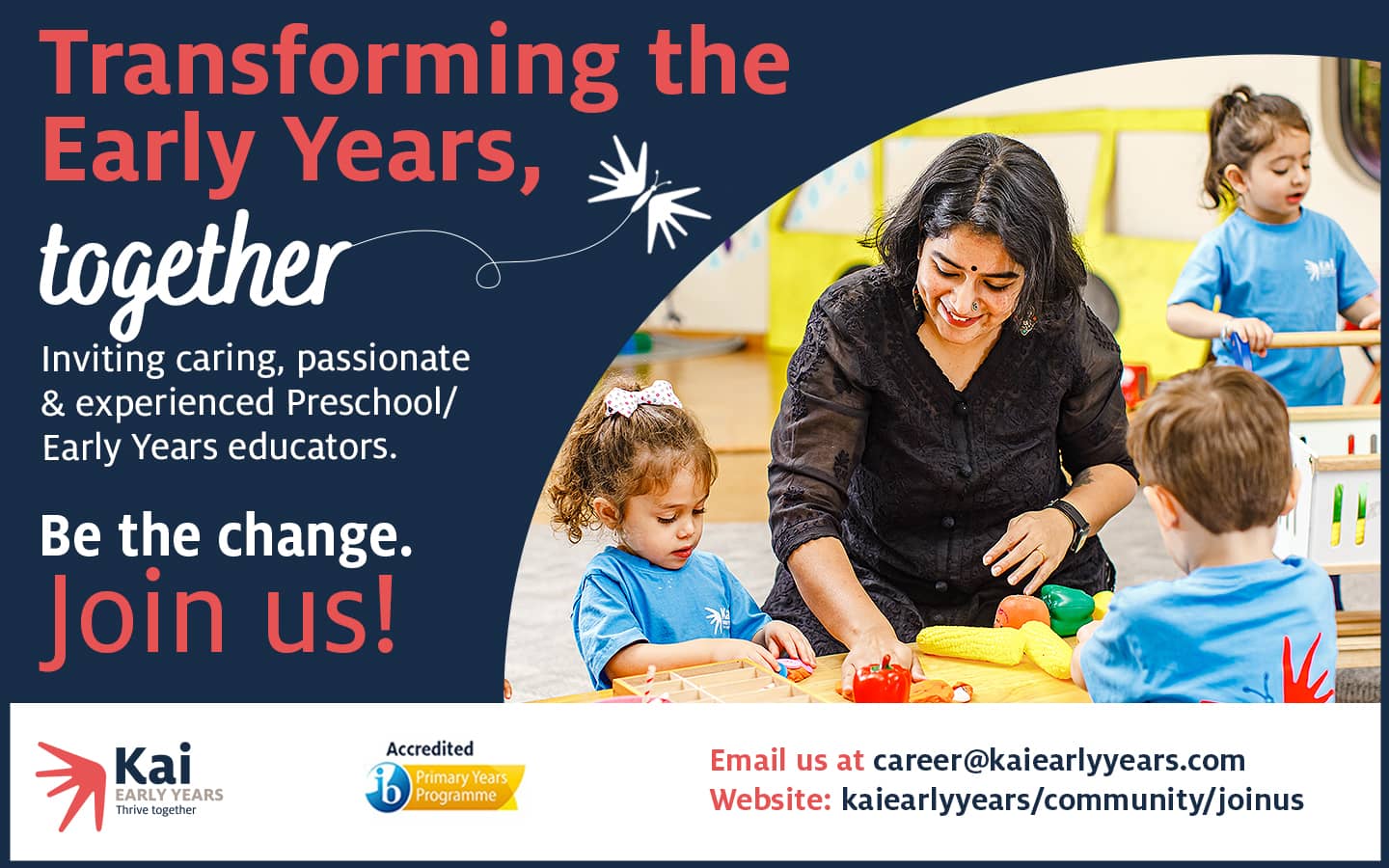Building Social Skills in Preschool
The minute a child enters Preschool parents start worrying about the academic gains that the child should make. “When will Aaryan start writing?”, Does Ann know all the letters of the alphabet?” “Can Vikram count from 1-100?” and a host of such concerns that teachers hear every day. While we agree, early education creates an important foundation for academic skills, many parents would be surprised to know that social skills are actually far more predictive of adult outcomes than early academics. So, while many parents and schools may feel the pressure to cut back on the play and social interaction in order to get more ‘hard skill’ instruction time, in reality, it’s those ‘soft skills’ that actually indicate long-term success
A few competencies that we could foster in children are as below
Playing well with others- The importance of play is a well-known fact by now among all parents. It is an important catalyst for development in the early years. It is through play that children learn to negotiate, take turns, experiment and a host of many such skills. Structured activities like- dance classes, football practice or music and movement classes have their own value, the importance of engaging in unstructured play (supervised but not instructed by adults) can never be undermined.
Problem-Solving- Parents and supervising adults are always tempted to leap in, at first sight, the minute they see the first signs of a fight among toddlers. It’s because we immediately want to make everything right for our children. We are able to solve every problem because we are so good at it, and we got that way only because we have had so much practice at problem-solving! So, the next time you see your child in a situation, invite them to take part in the problem-solving process. Discuss the situation with them, brainstorm solutions and try theirs rather than your solution. Give them opportunities to experience their abilities and intervene only when necessary.
Label and recognize their feelings- Children who can empathize, perceive feelings and emotions are always at an advantage when getting along with others. You can hone and foster these skills in children by calling attention to the different emotions. Recognizing them, naming them and talking about the same can go a long way. Reading books and telling stories about emotions also help in developing an understanding of the same.
Being Helpful- This means that the children need to look beyond themselves and recognize the feelings of others. By noticing and complimenting your child when you notice helpful behaviors encourages and motivates them to do more of the same. Give your child simple opportunities to help within the family, role model helpful actions in front of them and encourage others around your child to showcase helpful behavior constantly.
Though competition and the fast-paced society of today gives one an impression that a child needs to be advanced academically as soon as possible, the reality of the 21st century is the development of ‘soft skills’ is what will serve the children better in the future- So simple processes of playing, engaging with others, interacting and building relationships should be in focus.

